Black Rice and Cucumber Salad
Ali Segersten Feb 06, 2022 4 comments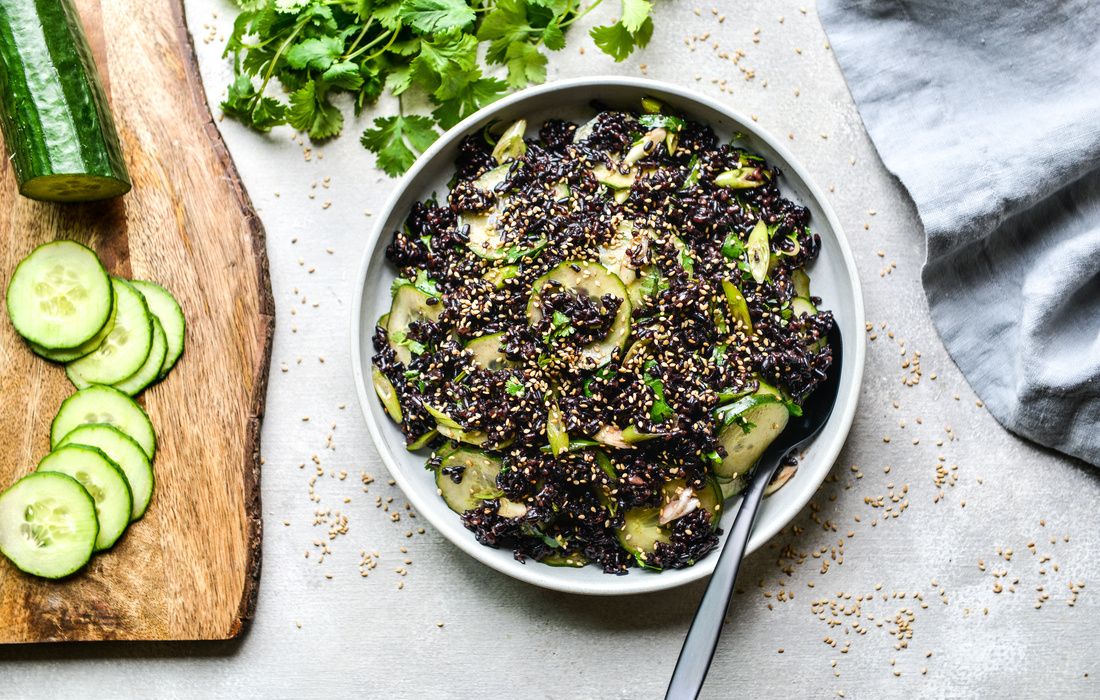
Black rice, also called purple rice or forbidden rice, is a relatively unknown superfood. It's packed with different compounds that promote gut health, reduce inflammation, and increase longevity. Black rice can be cooked on the stove the same way (and with the same water to rice ratios) that you would cook a pot of brown rice. You can also make black rice in your Instant Pot. Try adding black rice to your weekly meals—use it as a base for grain salads, serve it with curries or bean and vegetable stews, or serve it as a side dish along with baked wild salmon and steamed broccoli.
The research on black rice is intriguing and exciting. In vitro research demonstrated that the anthocyanins in black rice (polyphenol compounds that are responsible for the dark purplish-black color) significantly increased numbers of Bifidobacteria and Lactobacillus. Additionally, the pH decreased after the bacteria consumed the black rice extract, indicating an increase in short chain fatty acid production. Short chain fatty acids are produced by beneficial bacteria in the gut and strengthen and protect the gut wall.
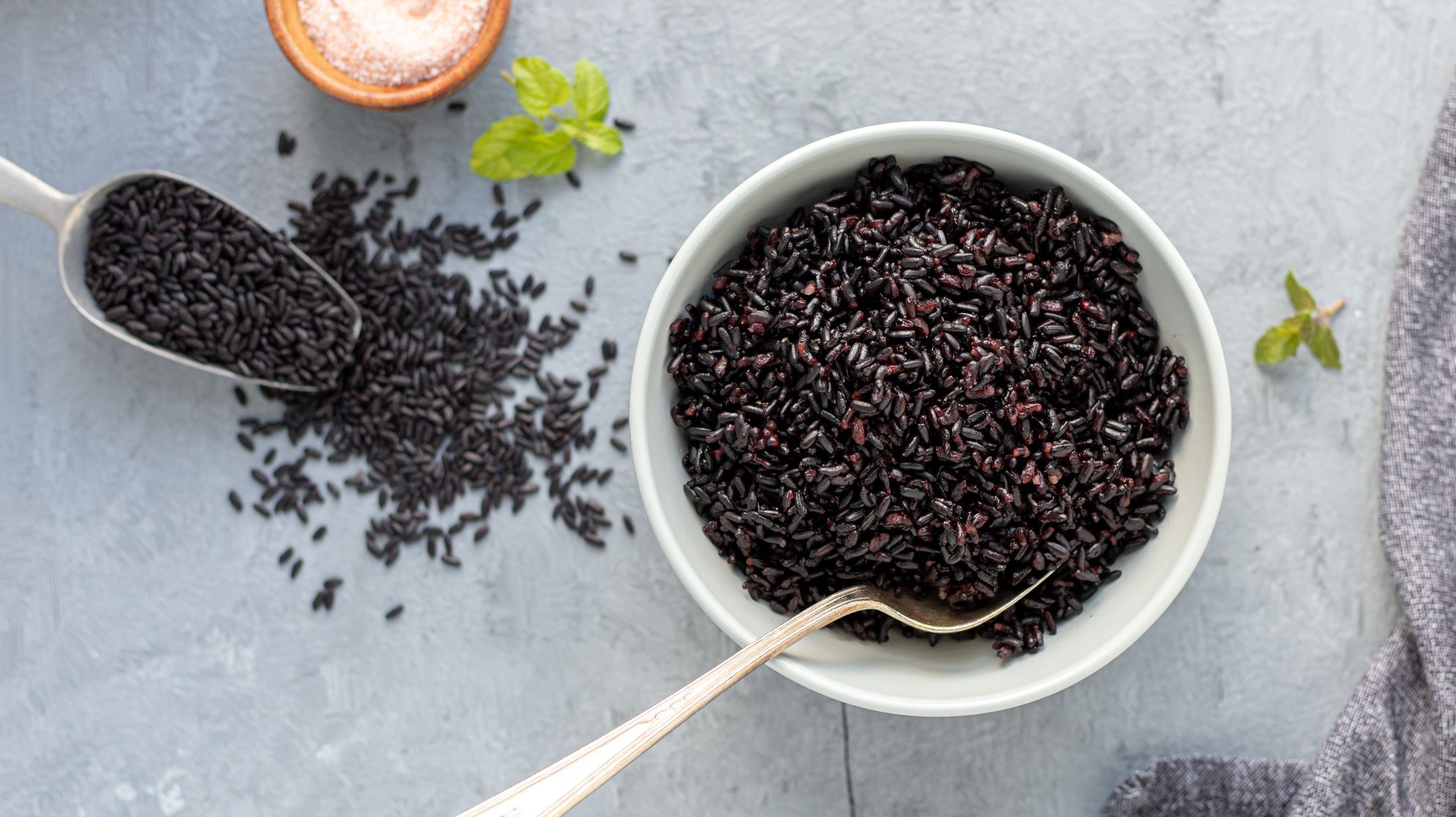
Another recent study demonstrated something similar: black rice significantly increases the numbers of Bifidobacteria and Lactobacillus. This study used soaked and germinated black rice, which changed the availability of starches for human digestion, allowing more starches to be available for beneficial bacterial fermentation. The starches in soaked and germinated black rice combined with the anthocyanins both allowed for the increase in numbers of beneficial bacteria and short chain fatty acids according to this study.
A study in mice with colitis found that black rice extract can reduce or inhibit the inflammation (inflammatory cytokines like TNF-a and IL-6) associated with this disease. Inflammatory cytokines are responsible for much of the damage to the gut wall in colitis, an inflammatory bowel disease.
Bottom line: If you want to prevent or heal gut dysbiosis, eat more foods that the beneficial bacteria in your gut love. This will help their numbers grow, increasing the production of compounds that protect your gut, while crowding out and suppressing pathogenic species of microbes that can have a damaging effect on your gut ecosystem. This, in turn, can strengthen your immune system, decrease systemic inflammation and chronic disease, and protect your gut against inflammatory diseases like IBD.

About the Author
Alissa Segersten, MS, CN
Alissa Segersten, MS, CN, is the founder of Nourishing Meals®, an online meal-planning membership with over 2000 nourishing recipes and tools to support dietary change and better health. As a functional nutritionist, professional recipe developer, and author of The Whole Life Nutrition Cookbook, Nourishing Meals, and co-author of The Elimination Diet, she helps people overcome health challenges through food. A mother of five, Alissa understands the importance of creating nutrient-dense meals for the whole family. Rooted in science and deep nourishment, her work makes healthy eating accessible, empowering thousands to transform their well-being through food.Nourishing Meals Newsletter
Email updates.
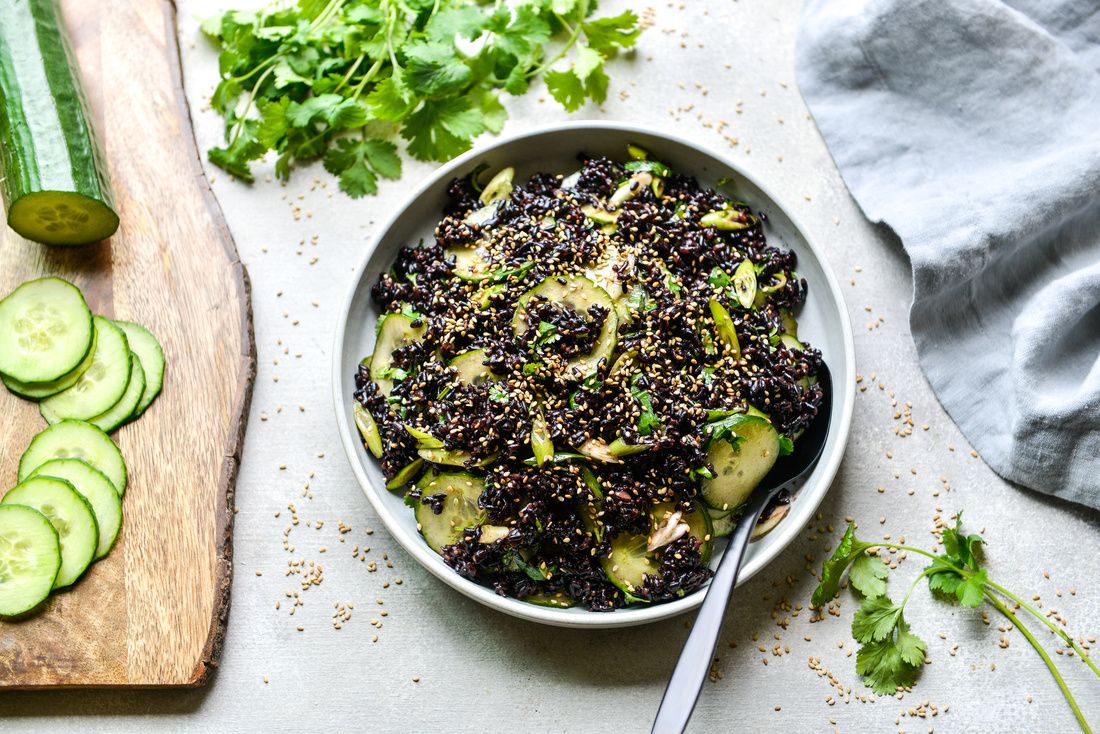
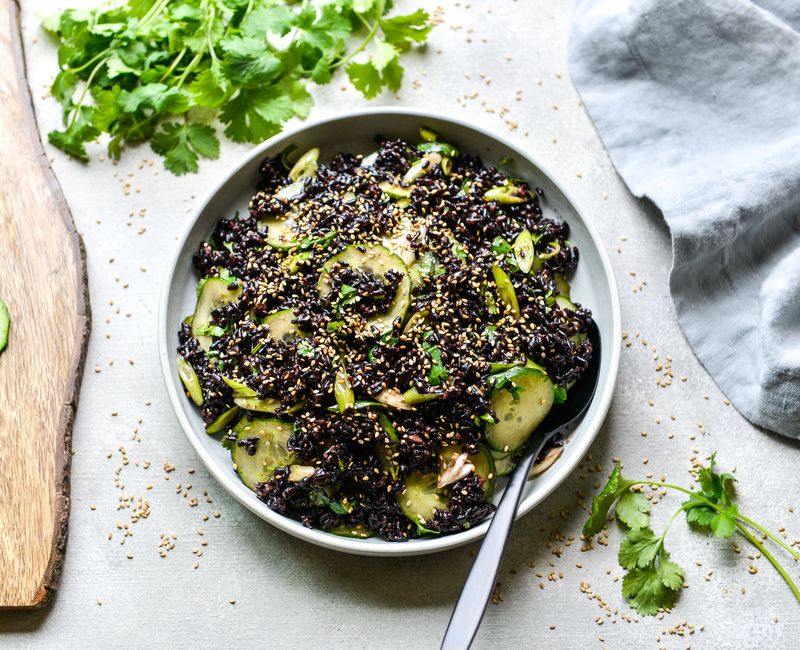
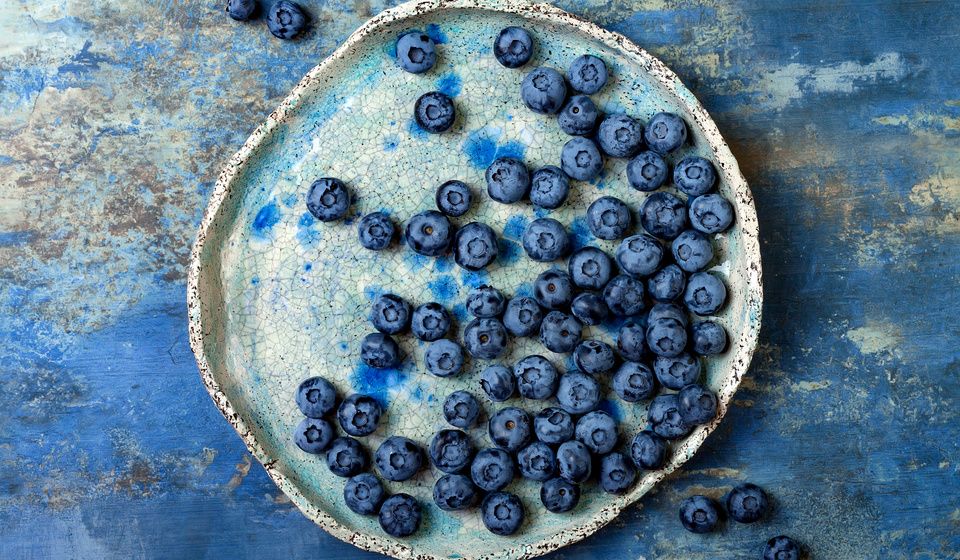
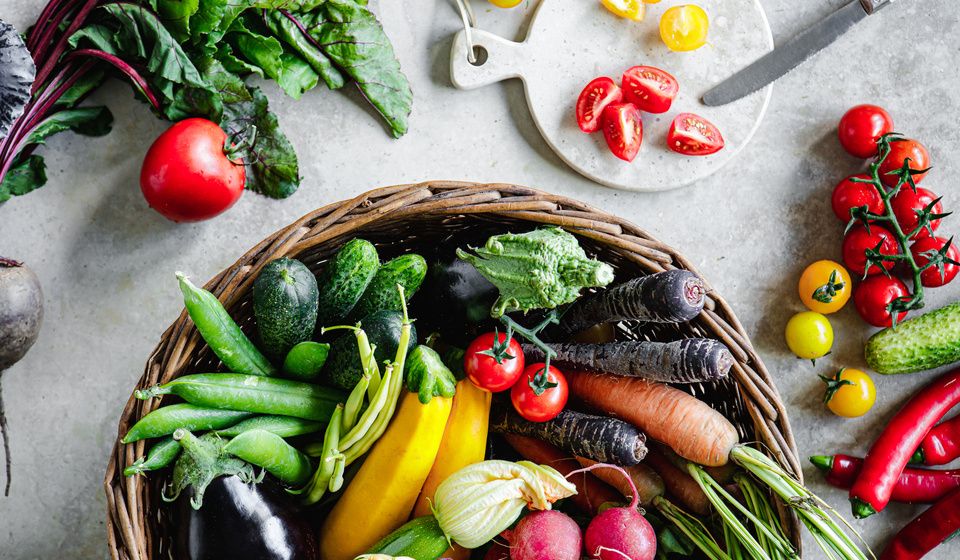
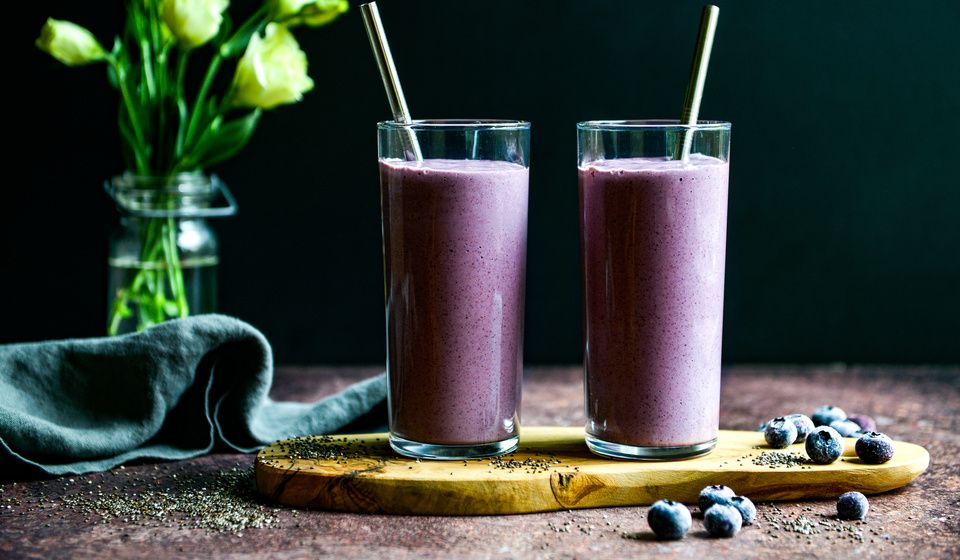
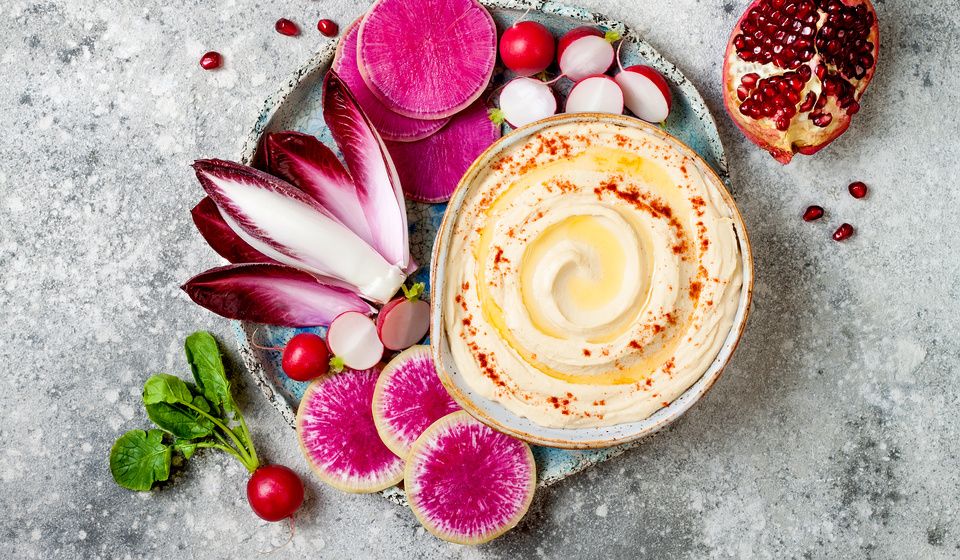
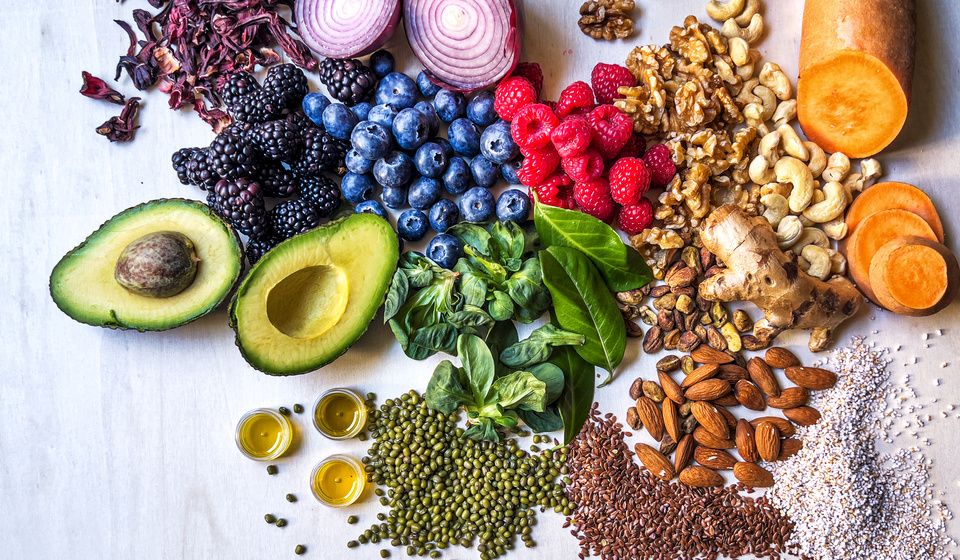
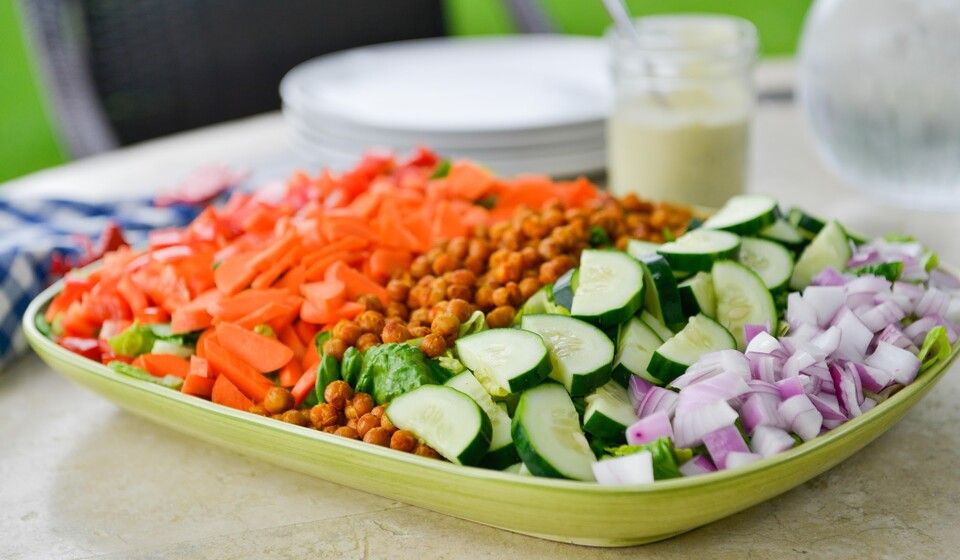
Add Comment
Comments
Ali,
this looks like a great…
Ali,
this looks like a great new recipe! I have not heard of black rice - but thanks for sharing! Is it easy to get?
Hope you are well and happy that you are back on line sharing your food wisdom.
Hi Dot~
This recipe is easy…
Hi Dot~
This recipe is easy to make and delicious! My kids love it. Black rice is easy to find here on the West coast. I buy it at my local food co-op (in the bulk bins). Thanks for the sweet comment. :)
Interesting article. Do you…
Interesting article. Do you pre soak or sprout your rice for the improved availablity of probiotics? How long would I need to presoak the rice?
Hi Kathy~
You can soak rice…
Hi Kathy~
You can soak rice on your kitchen counter for 8-24 hours prior to cooking. I always soak beans prior to cooking but don't always soak whole grains (only on occasion). I do like to use sprouted brown rice and sprouted brown rice flour, but I have yet to find sprouted black rice.
Cooking and cooling your rice before eating it also creates more resistant starches (starches that are less available for human digestion and instead are eaten by beneficial gut microbes).